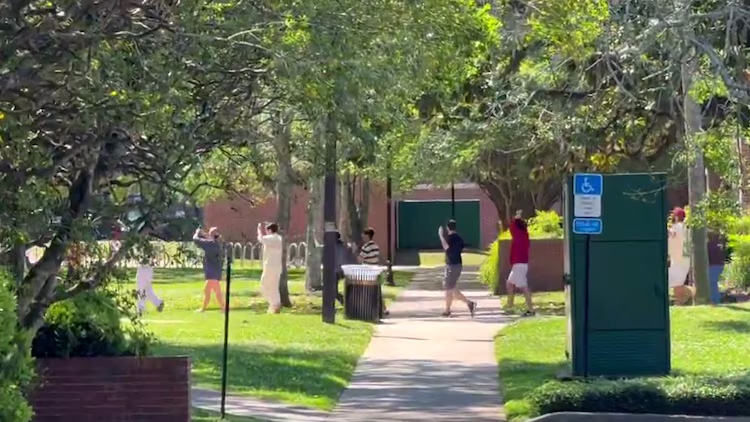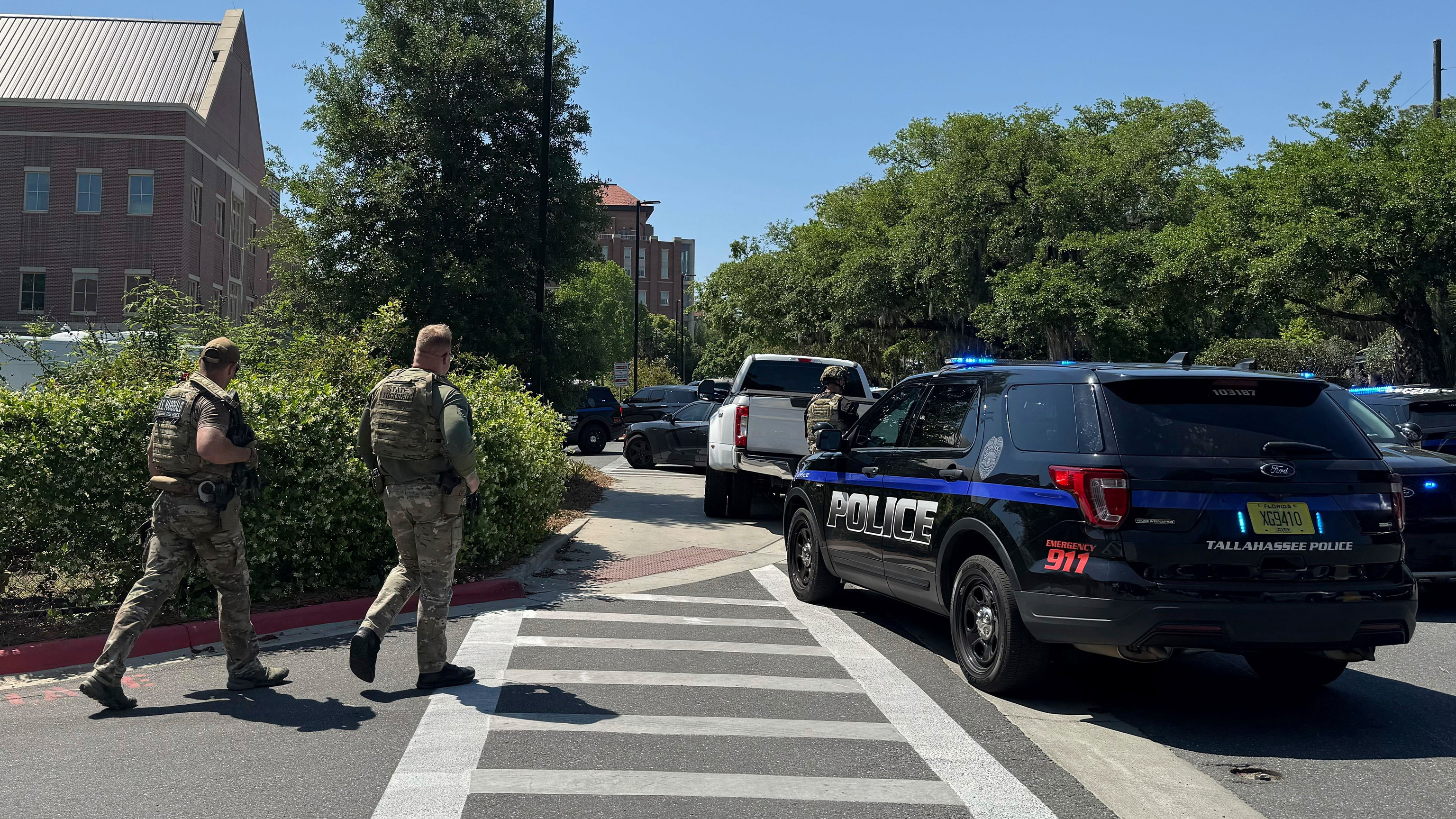Pelton mailbag: How will Ben Simmons compare to Ricky Rubio?

Welcome to Round 2 of my new weekly NBA mailbag.
You can tweet your questions using the hashtag #peltonmailbag or email them to peltonmailbag@gmail.com.
"I'm curious ... what were your thoughts on Yogi Ferrell coming out? Are you seeing anything now that you hadn't expected?" --Jonathan Dennis
When I tweeted last week about the unbelievable nature of Ferrell's story, I got a few replies from Indiana University fans more or less wondering why we should be surprised given how well Ferrell played as a Hoosier.
Ferrell was certainly quite good, but it's important to remember there's never been a bigger gap between succeeding as a college upperclassman and doing so as an NBA rookie. Denzel Valentine and Buddy Hield were better college players, for instance. Valentine's been ineffective in limited minutes with the Chicago Bulls and Hield has been up-and-down in extended ones for the New Orleans Pelicans. Neither has had a game close to as good as Ferrell's 32-point outburst in Portland.
My statistical projections suggested Ferrell would be an above-average 3-point shooter in the NBA but would struggle inside the arc, and his projected steal rate -- often an important indicator -- was extremely poor for a point guard. Given his age (23 by the time of the draft), that made him a marginal second-round pick.
So far I'd say those projections have held up fairly well, though Ferrell's steal rate has been pretty much average. Ferrell is also shooting better from 3 than expected (39.3 percent, including 47.1 percent with the Dallas Mavericks), but he's making just 41.9 percent of his 2-pointers.
Combine that 3-point shooting with a higher usage rate (19.9 percent vs. a projected 18.4 percent) and more minutes -- a lot more minutes -- than anyone could have imagined, and you get a great story, if not necessarily a great NBA player.
"I realize we haven't seen him play yet, except in Summer League, but I don't get why so many experts think Ben Simmons will be a more impactful player than another great passer who can't shoot, Ricky Rubio. Rubio, at least, is a long, effective defender. There are major questions about Simmons' defense, shooting and competitiveness." --Alan Reder
Usually, this gets phrased as "6-foot-10 Rajon Rondo" -- which I think would be an awfully good player, assuming we're talking prime Rondo -- but we can take this version, too.
Something I think is often lost in the Rubio discussion is that he's not just a poor outside shooter, but also a poor finisher. Per Basketball-Reference.com, he's shot 47.6 percent career inside three feet. Simmons needs to improve his left hand around the basket -- odd for a player who's ostensibly left-handed -- but I would be stunned if someone 6-foot-10 with his athleticism didn't do substantially better. That should make Simmons a more-efficient scorer and open up more passing lanes for him.
Additionally, while I'd be surprised if Simmons is as good defensively as Rubio relative to his position, he may well prove a better defender absent that qualification because of his superior rebounding and shot blocking. (I'm not nearly as concerned as many scouts about Simmons' defense because of the impact he made in generating steals and blocks.) So if Simmons is merely as good offensively as Rubio, he's likely to be a better player. And Rubio's a fairly good one in his own right.
"Should All-Star rosters expand from 12 players to 15?" --@StgoSahad
Despite concerns about dilution, 15 All-Stars per league would still be fewer per team than we had as recently as 1988 (24 for 23 teams). That said, one of the nice things about the All-Star Game is that everyone gets a chance to play, but the starters still get the lion's share of the minutes. Increasing the rosters too much would make that balance more difficult to strike. I think the appropriate number is 13 to match the current size of active rosters.
"With Derrick Favors' health struggles and relatively poor fit with Rudy Gobert, should the Jazz be planning a future where they move on from him after next season, or even explore a trade over the summer?" --Evan Kirkpatrick
I don't know that I quite buy the "poor fit" element. Utah's projected starting five haven't played particularly well together this season (minus-4.7 points per 100 possessions, according to NBA.com/Stats), but that's a small sample.
Last year I hacked together a way to estimate the standard deviation of lineup ratings and found that it's about seven points per 100 possessions over the 200-some possessions the Jazz's starters played for both offense and defense. And net rating is even more uncertain than either offensive or defensive rating individually, so I wouldn't read too much into the performance in terms of Favors/Gobert fit.
Utah is looking at a possible tax bill as soon as next season if Gordon Hayward gets maxed out and George Hill signs a deal starting in the $20 million range, which is plausible, and moving Favors could be one way to deal with that. So I think the Jazz have to be planning for scenarios where they explore a trade this summer, but I can't imagine that's Plan A at this point. There are too many questions about Boris Diaw's age and Trey Lyles' ability to step in as a starter.
"Where do you see Kevin Durant's ceiling in the all-time NBA ranks?" --Sahith Vadada
Given that Durant's the same age now as Michael Jordan was when he won the first championship, it's probably still somewhat early to be putting a ceiling on him. That said, if we give Durant a median trajectory from here on out -- a few championships with the Warriors, but no more MVPs, because while he's in his prime he splits credit with Stephen Curry -- I don't think he could pass Kobe Bryant, who finished No. 11 in last year's all-time #NBArank voting. And he'd probably be behind Curry, too. So I think Durant may have a tough time getting any higher than about 13th.
"Have there been any studies between going for the quick 2 when down three late in games or shooting a 3? I know announcers debate on them during games all the time, so I was wondering if there was merit to going for a quick 2-pointer instead of going for the tie." --Devon Harvey
Can't say I've seen a study -- and if there is, someone should point me toward it -- but I think the quick 2 makes sense in a few circumstances. First, when it's actually a sure 2 rather than merely a quick 2. If you can get a layup, that's one thing. Most of the time, however, the quick 2 is a pull-up or floater that's not all that much higher-percentage a shot than a 3, in which case it doesn't make sense to take.
The quick 2 also becomes a lot more reasonable when the offensive team has a timeout left -- meaning the opponent has less opportunity to foul intentionally up three after two made free throws -- and when there's enough time on the clock to simply play defense and get the ball back instead of intentionally fouling.






